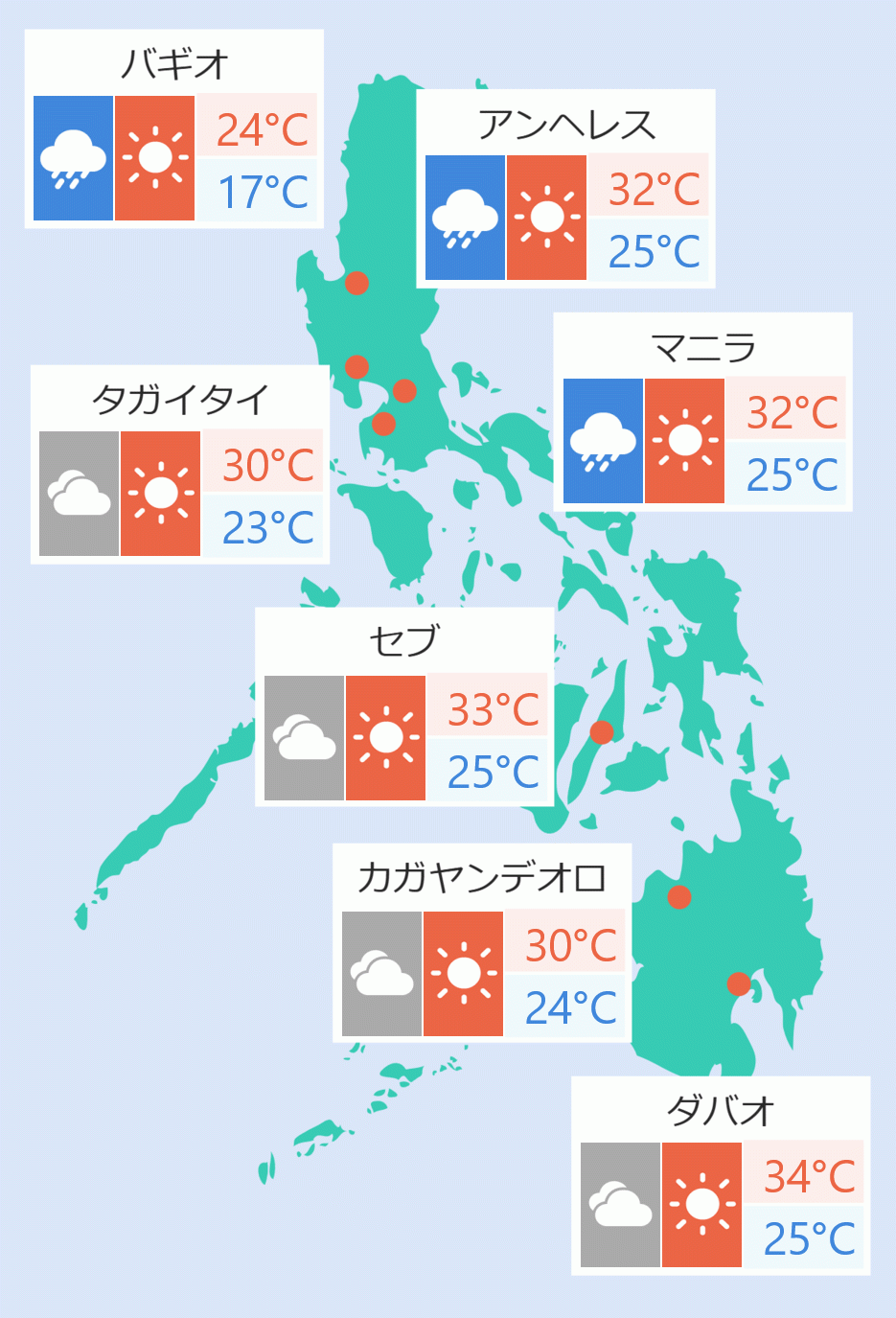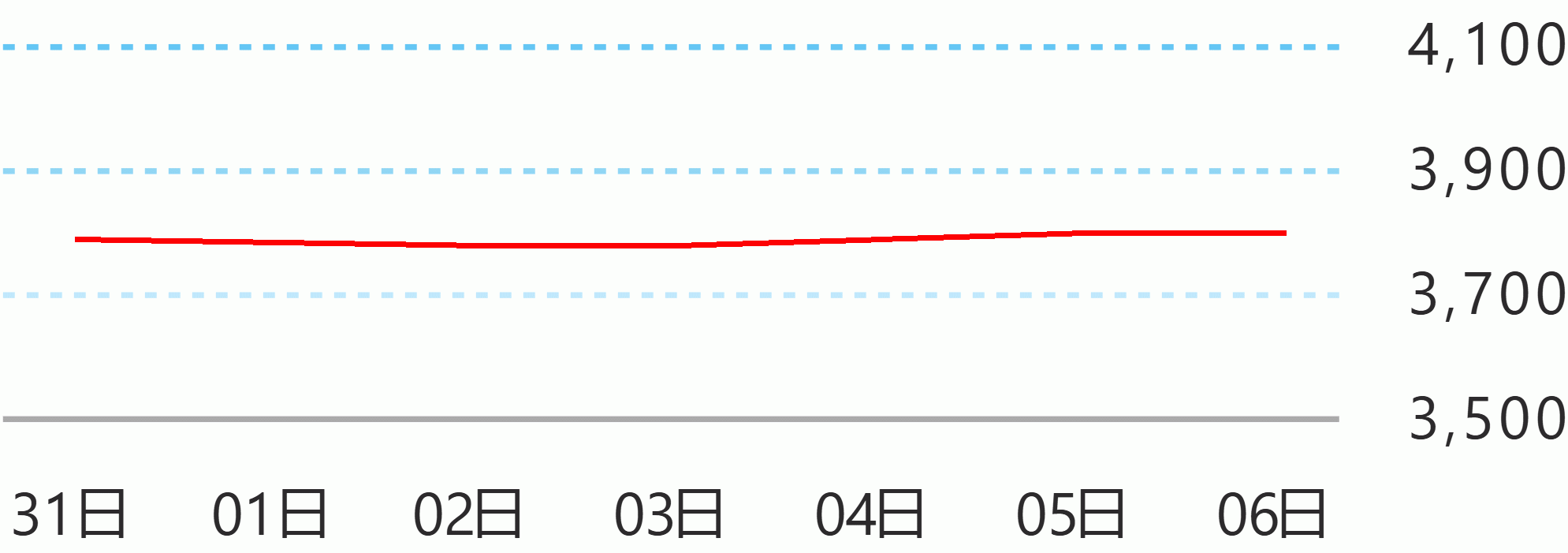Business sentiment improved in the second quarter as the overall confidence index (CI) increased to 35.4 percent from 32.9 percent in the first quarter. The higher positive index is a net result of an increase in the percentage of optimists and a decrease in the percentage of pessimists.
The respondents’ more buoyant outlook was attributed to the easing of COVID-19 restrictions; the reopening of the economy and return to normal business operations; an increase in sales/orders/demand (e.g., enrollment, loans, leasing, and utilities); and an uptick in economic activities due to election-related spending.
For the next quarter, the business sentiment, while remaining positive, weakened as the overall CI declined to 46.4 percent from 59.7 percent a quarter ago.
For the next 12 months, the business sentiment was also less optimistic as the overall CI decreased to 59.9 percent from the previous quarter’s survey result of 69.8 percent.
By type of trading firm, a more favorable outlook was observed among importers, exporters, and domestic-oriented firms. However, for dual-activity (both importer and exporter) firms, their sentiment was less upbeat.
Meanwhile, the outlook for the third quarter of importers, dual-activity firms, and domestic-oriented firms was less buoyant, while that of exporters was more optimistic. A similar trend on the outlook of all types of trading firms was observed for the next 12 months, except for the exporter firms, whose outlook was steady.
The outlook by sector was mixed in the second quarter as the CIs of firms in the industry, construction, and services sectors declined, while the CI of firms in the wholesale and retail trade sector increased.
For the third quarter, the business outlook across all sectors was less bullish, similar to overall business sentiment. Likewise, the CIs across all sectors for the next 12 months declined.
Consistent with the national trend, the outlook of firms on their own business operations, as measured by their views on the volume of business activity and total orders booked, was more optimistic in the second quarter, except for the less optimistic sentiment of firms in the construction sector. Meanwhile, a less upbeat outlook on the volume of business activity was recorded for third quarter and the next 12 months for all sectors.
The average capacity utilization of the industry and construction sectors in Q2 2022 increased to 72.7 percent (from 70.2 percent in the first quarter). In particular, the average capacity utilization of the industry sector in the second quarter likewise increased to 71.8 percent (from 69.4 percent in the first quarter).
Firms expect that their financial condition and access to credit will improve or be less tight as their corresponding indices turned less negative at -18.2 percent (from -19.1 percent) and -0.4 percent (from -2.9 percent) in the second quarter, respectively.
The employment outlook index was steady at 25.4 percent for the third quarter (from 24.7 percent in the first quarter survey results) and increased to 30.7 percent (from 28.9 percent) for the next 12 months.
The higher positive readings for the third quarter and the next 12 months suggest that firms are looking forward to hiring more people in the next quarter and the next several months.
However, the percentage of businesses in the industry sector with expansion plans for Q3 2022 declined to 17.9 percent (from 20.8 percent in the the first quarter survey results). Similarly, the percentage of industry firms with expansion plans for the next 12 months decreased to 24.4 percent (from 25.6 percent).
Businesses expect that the peso may depreciate against the US dollar in the second and third quarters, and the next 12 months. Firms also expect that the peso borrowing and inflation rates may rise during the same periods.
Businesses are expecting that inflation will settle at 4 percent for the second quarter and at 4.1 percent for the third quarter and the next 12 months (from 4.2 percent across said periods in the first quarter survey results).
The inflation expectations of firms in the near term is slightly above the upper end of the government’s 2–4 percent inflation target range for 2022-2023. BSP





 English
English









